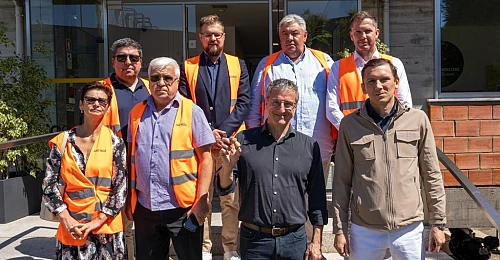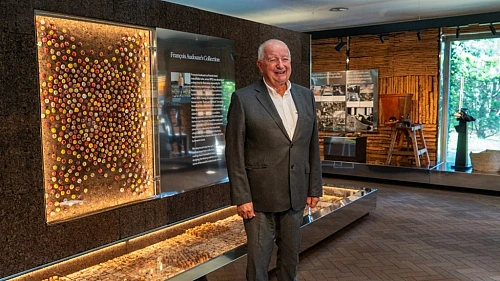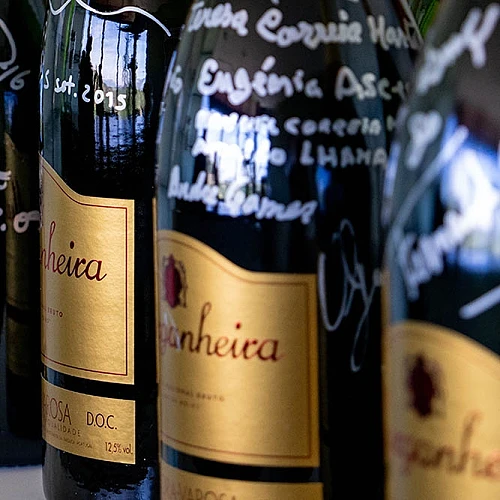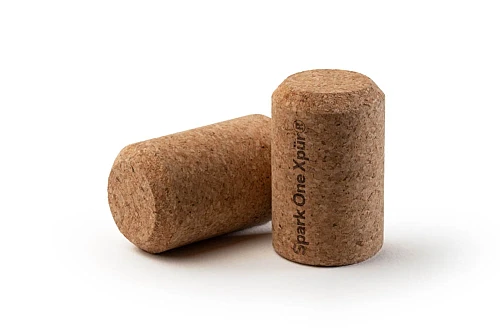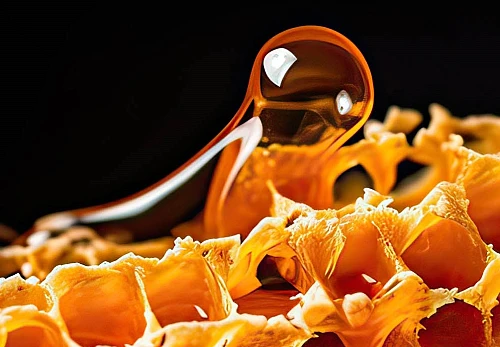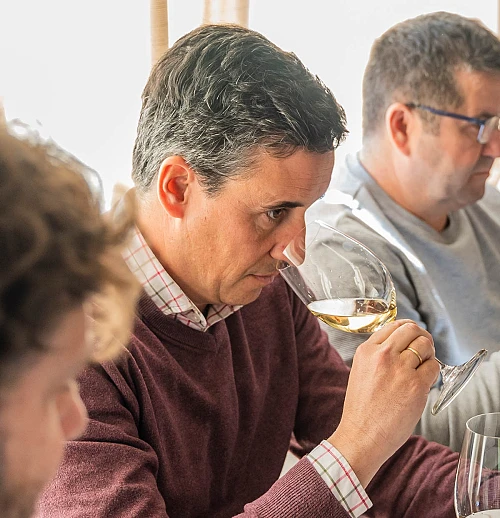- Media Center
- News
News Media Center
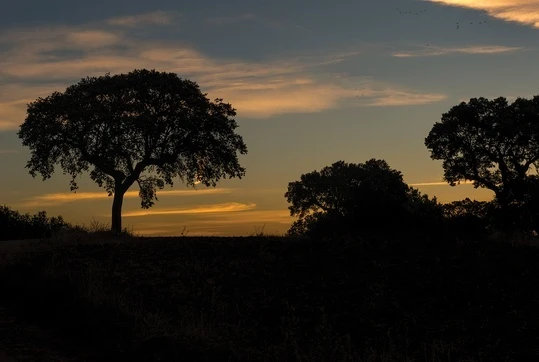
The importance of Cork
The importance of environmentally-friendly wine packaging was highlighted during the 2019 Porto Summit - focusing in particular on the advantages of glass bottles versus plastic containers, and cork stoppers versus artificial closures.
There are very good reasons why glass, cork and wine have been allies for centuries and issues of climate change and sustainability have brought this question into stark focus.
António Amorim, CEO of Corticeira Amorim, gave a presentation in which he explained how the cork stopper business plays a key role in boosting the overall sustainability of the wine industry.
He highlighted the cork industry’s unbeatable sustainability credentials and its crucial environmental contribution and symbiotic link to the wine industry- given that cork stoppers continue to generate over 70% of the sector’s value added.
He also revealed that over the next 10 years Corticeira Amorim will spearhead the planting of around 60,000 hectares of new cork forests, which is vital given cork forests’ CO2 retention capacity - in Portugal alone they are estimated to retain 14 million tons of CO2 per year.
The 2.2 million hectares of cork forest in Western Europe are biodiversity hotspots that harbour an essential reservoir of animal and plant species and help reduce human desertification of rural zones.
Kim Carstensen, Director General of FSC International provided a presentation on labelling and packaging in which he explained how using FSC certified materials for wine can help reduce carbon emissions and create important social and environmental side benefits.
He identified the specific advantages of cork stoppers in this context and how the FSC’s work addresses deforestation and forest degradation, and strengthens the contributions made by forests to sustainable development.
In this context, Amorim was the first cork producer to obtain FSC® chain of custody certificates in 2010 and was the first company in the world to obtain this certification in regard to packaging for the wine industry.
The Porto Protocol
The Conference was a follow-up event to the 1st Porto Summit, held in June 2018, attended by former US president Barack Obama.
The Porto Protocol was launched during the 2018 Porto Summit and its Letter of Principles aims to foster sustainability.
It already has over 130 members, including Corticeira Amorim as a founding member and also one of its four mentor companies.
Other signatories include leading companies from the wine and cork sector, retailers such as Marks & Spencer, pharmaceutical companies such as Bial, car manufacturers such as Toyota, educational institutions such as the Universidade Católica Portuguesa and the University of Porto, and organisations such as Porto City Council and Turismo de Portugal.
The Porto Protocol’s database of case-studies includes the Greencork cork waste management and recycling project - a joint initiative between Amorim and environmental organisation, Quercus.
As a mentor company of the Porto Protocol, Amorim pledges to foster its sustainability principles within its sphere of influence and value chain, while actively engaging with its suppliers to uphold these principles, and also striving to attract further signatories.
Because climate change and sustainability are top of the agenda.
